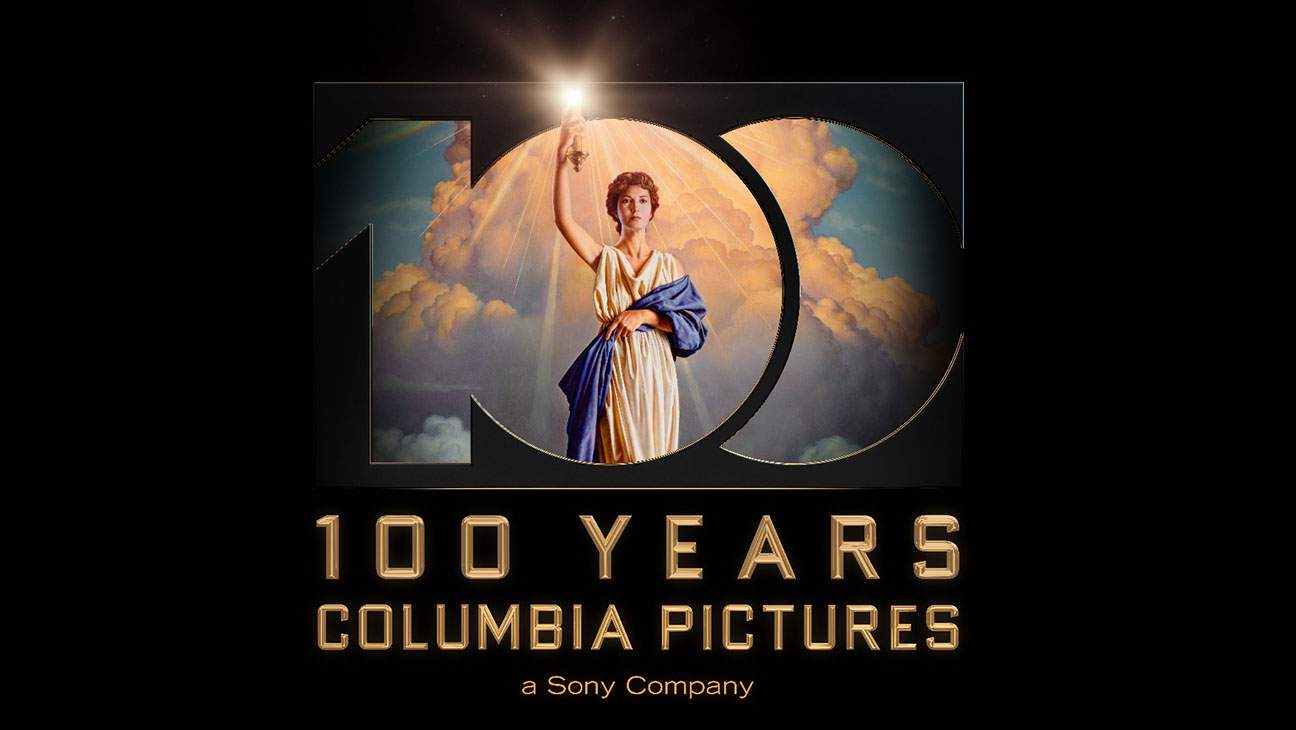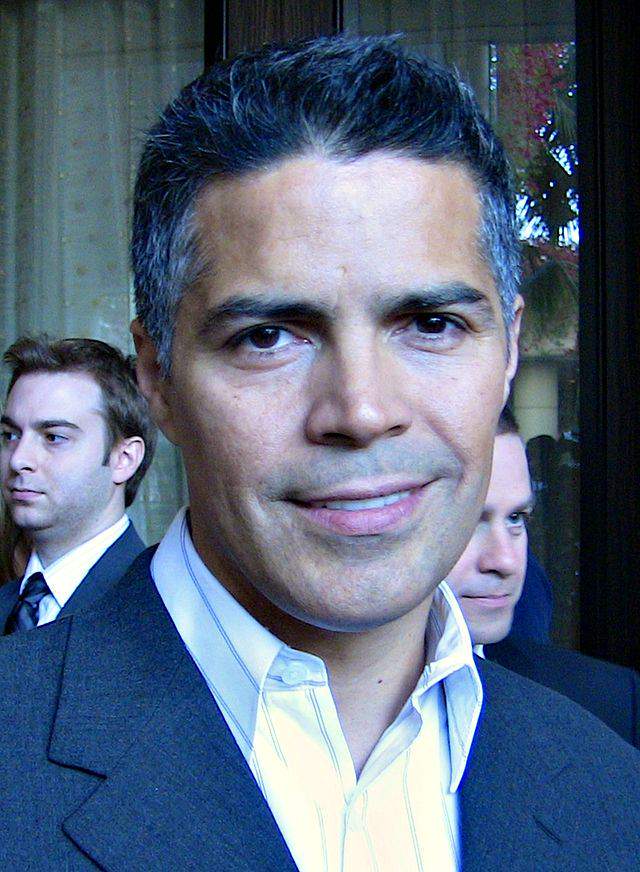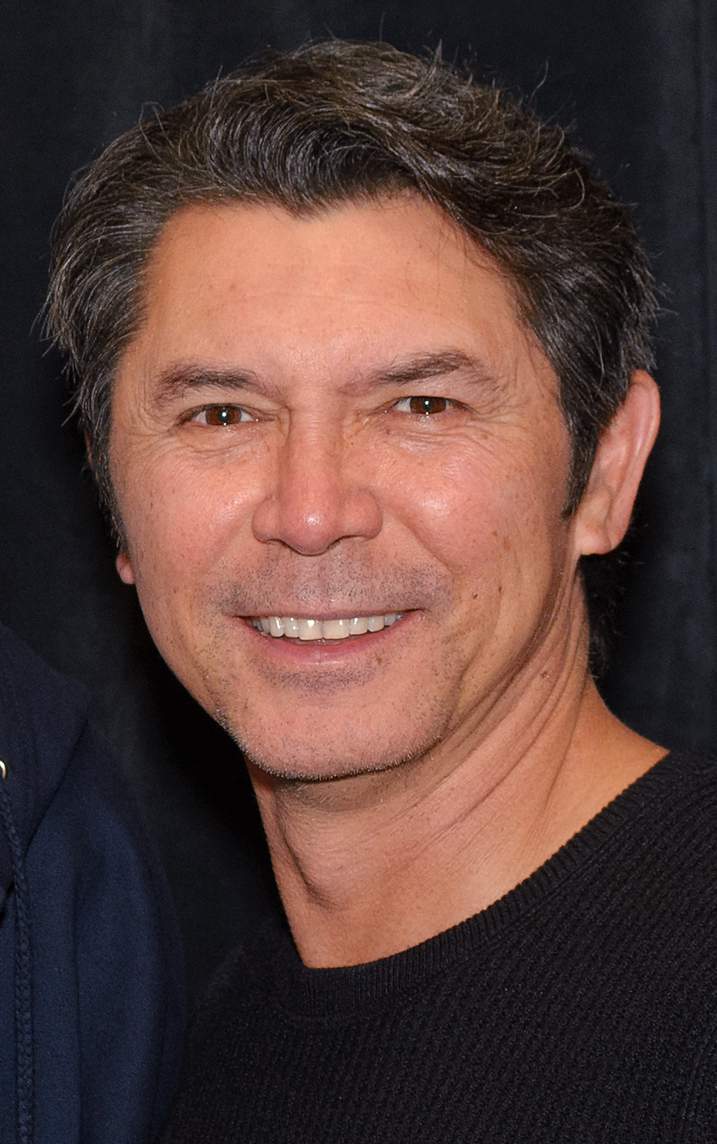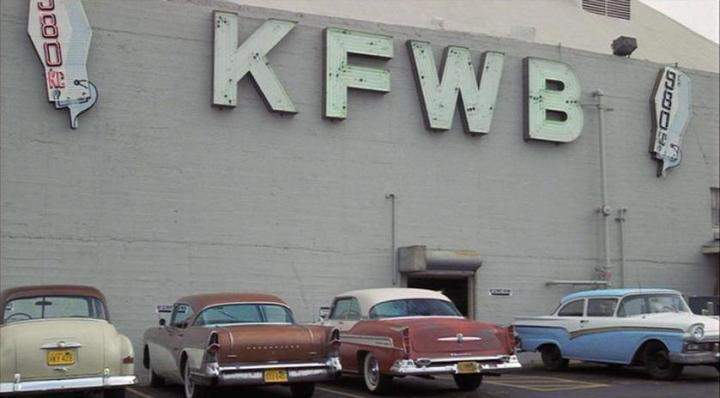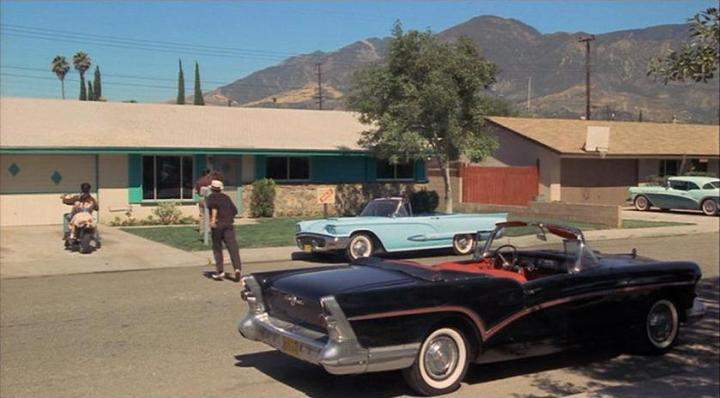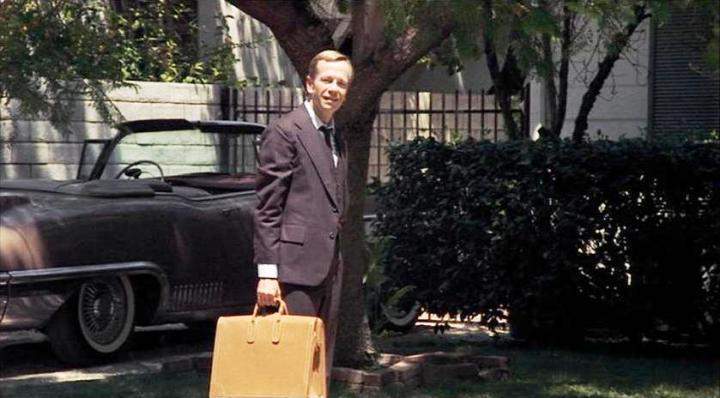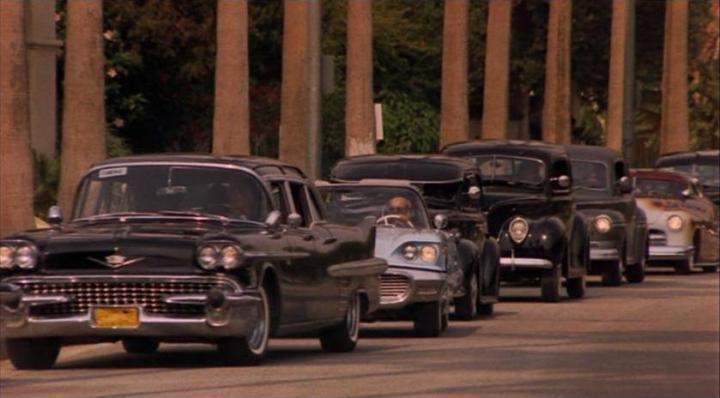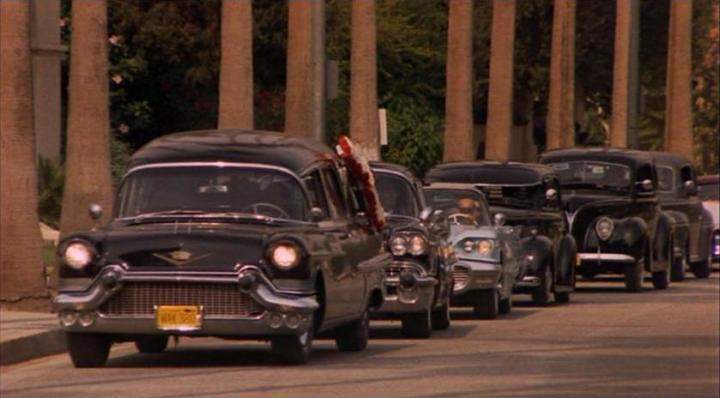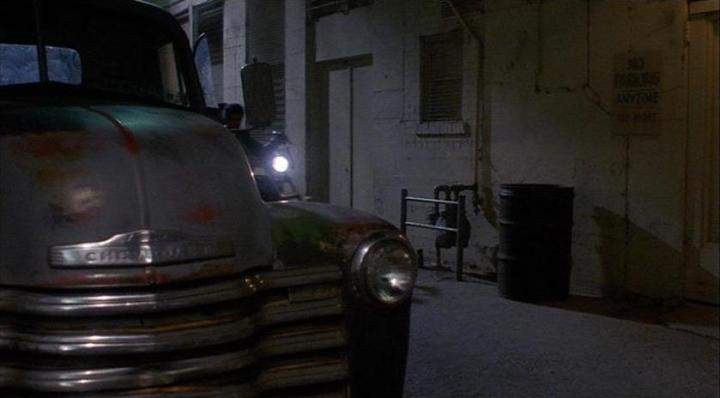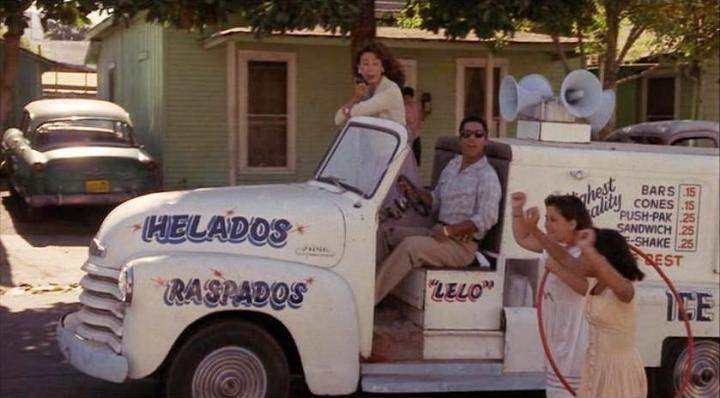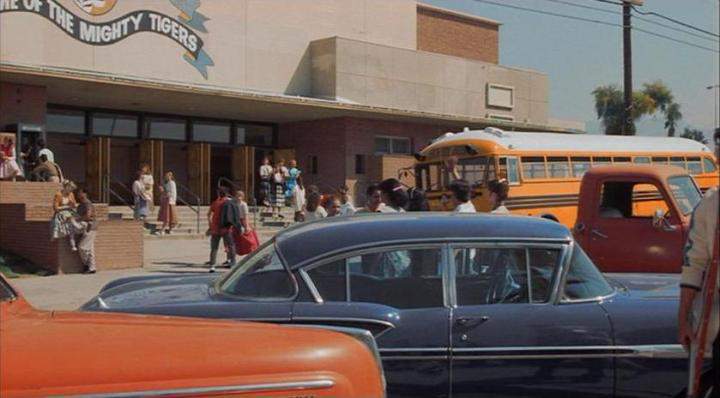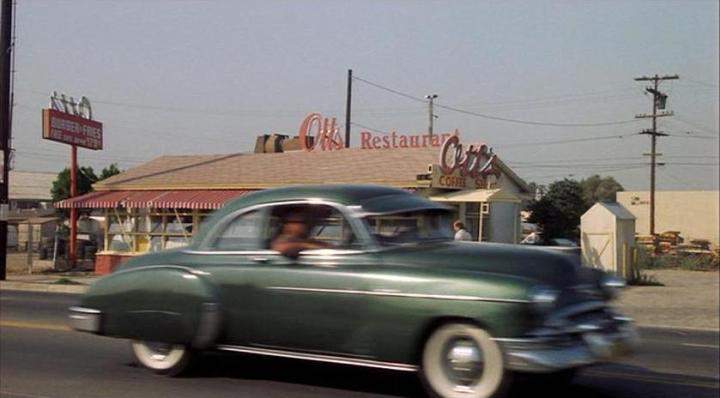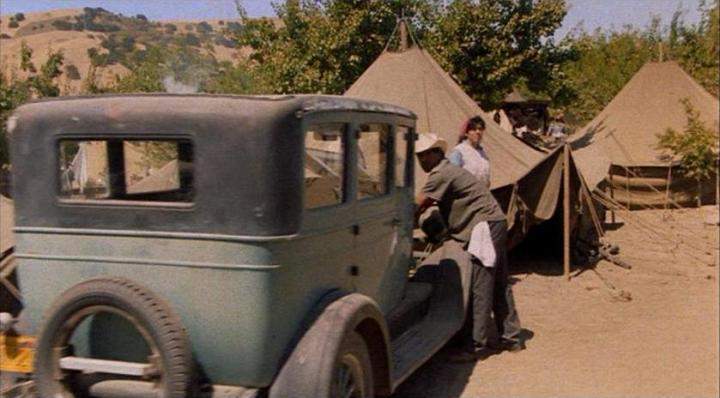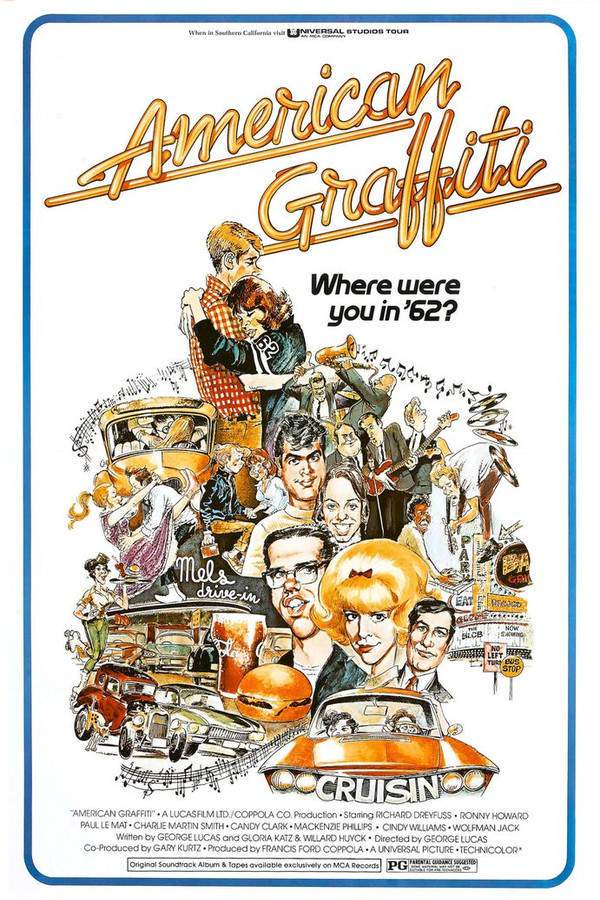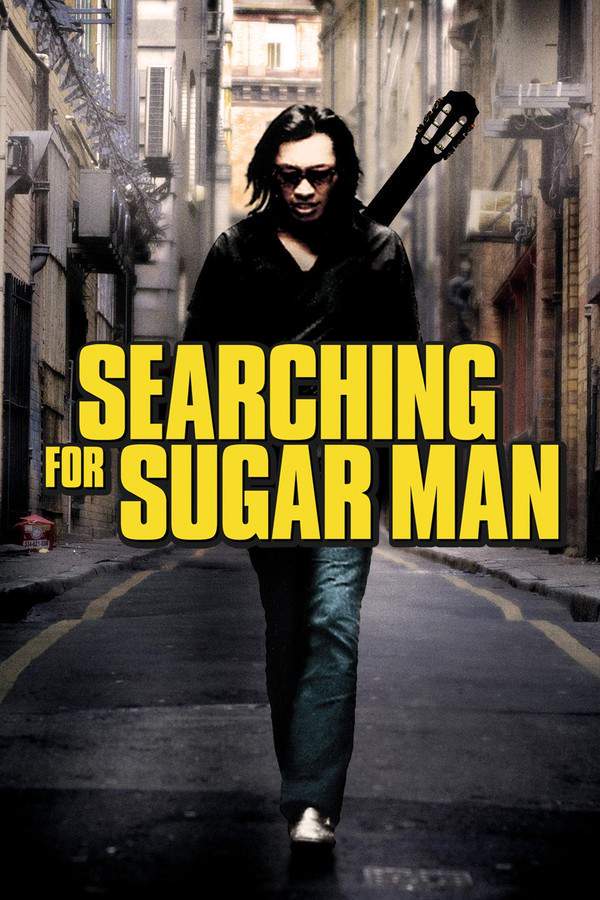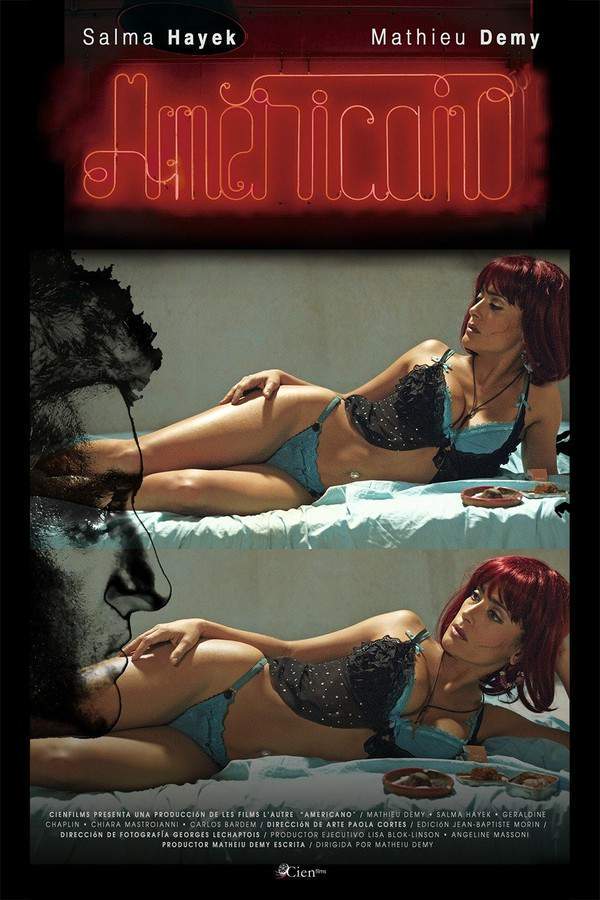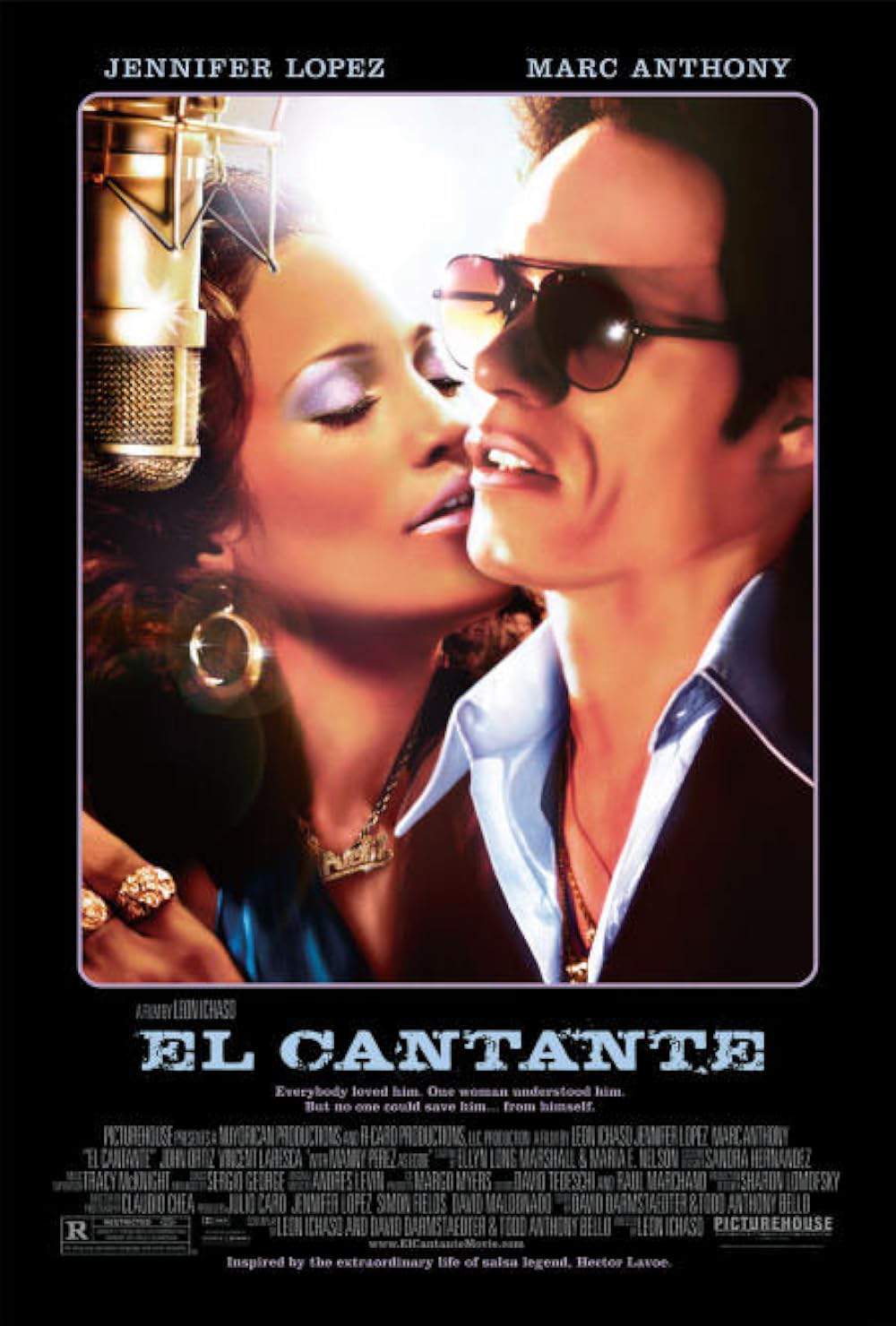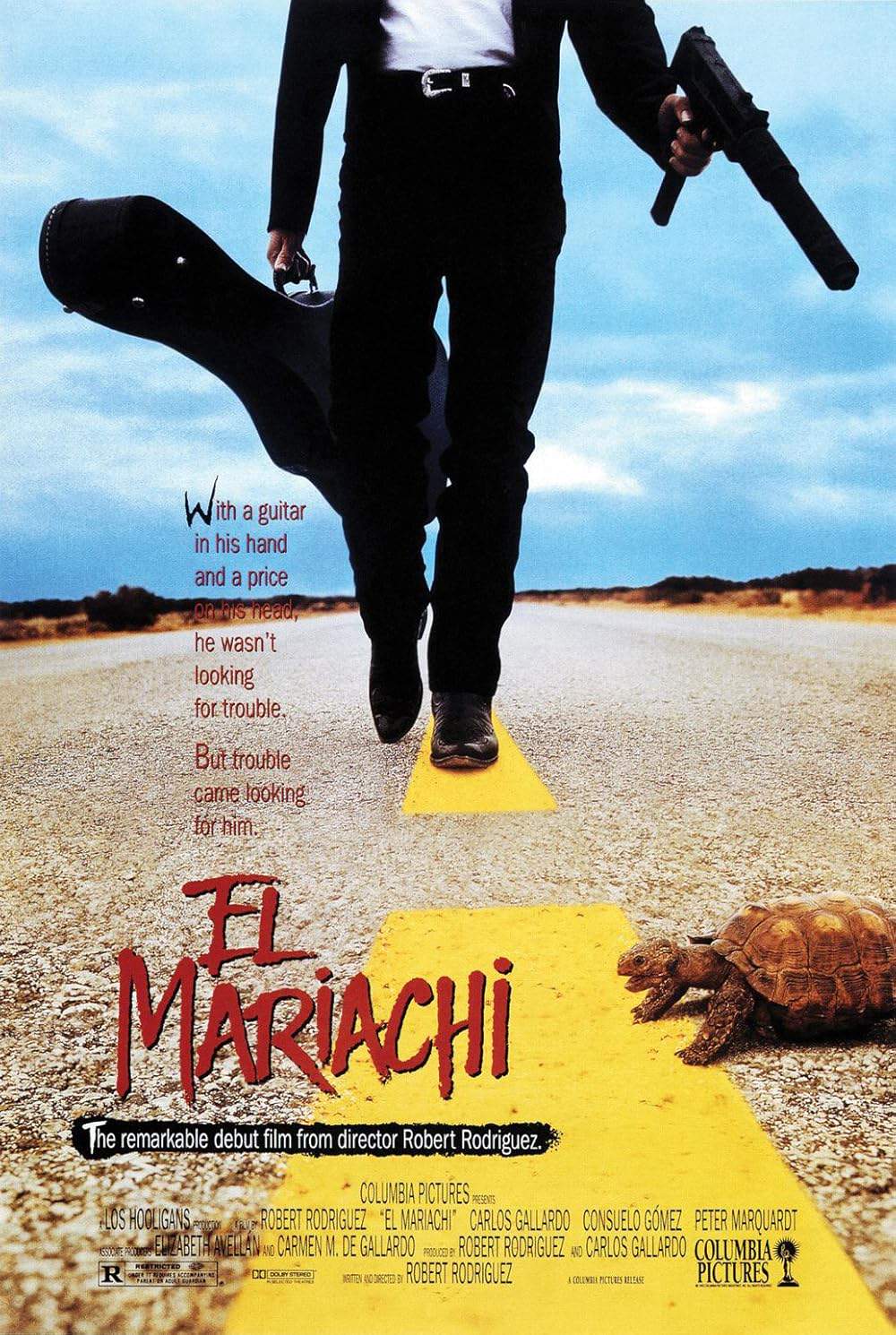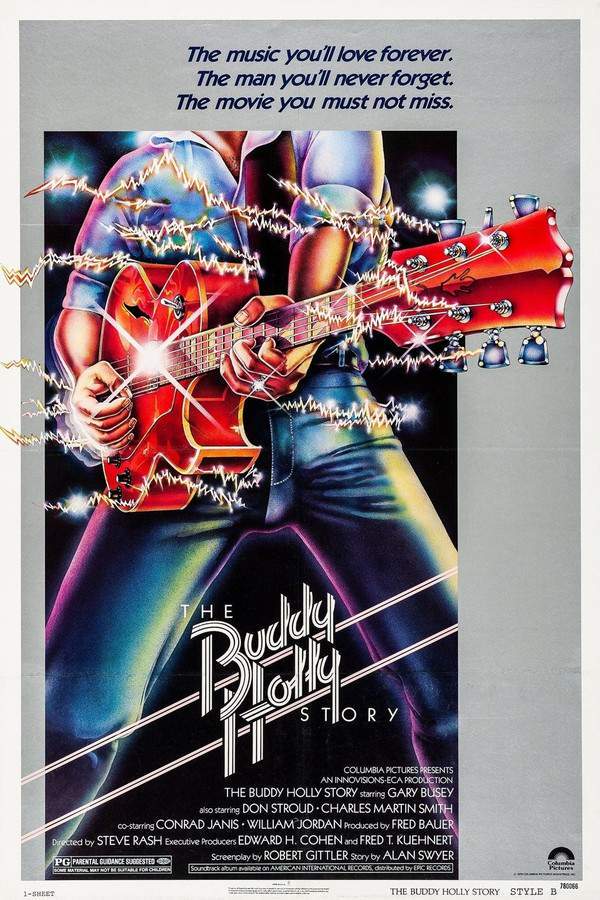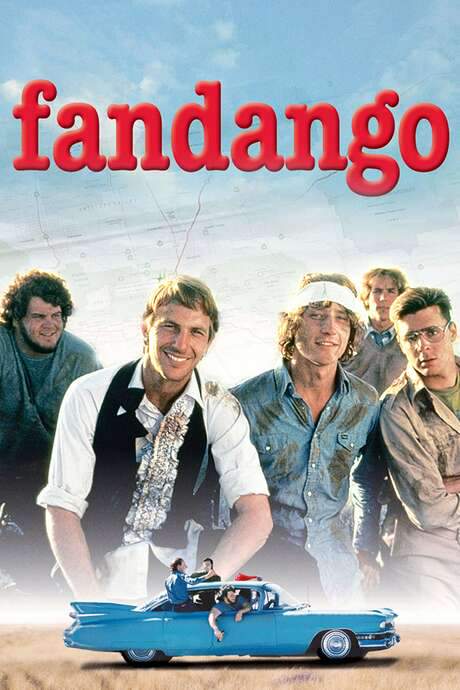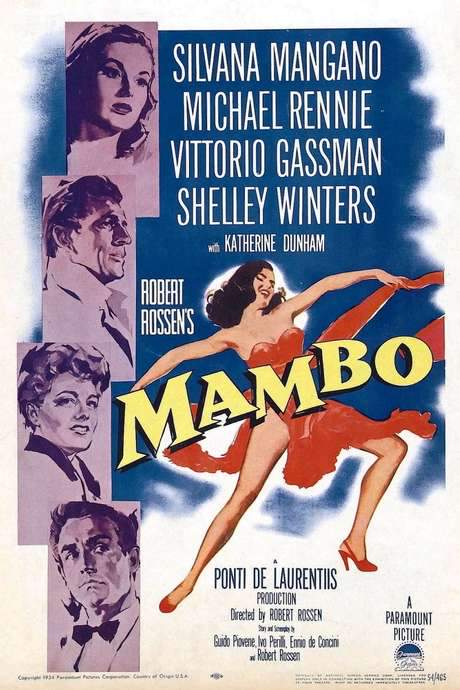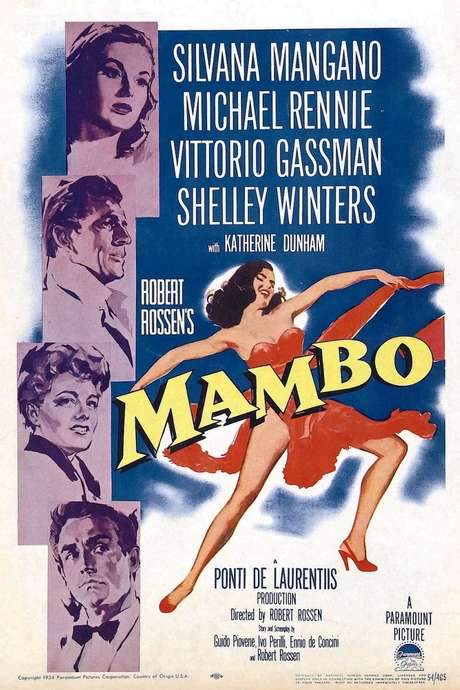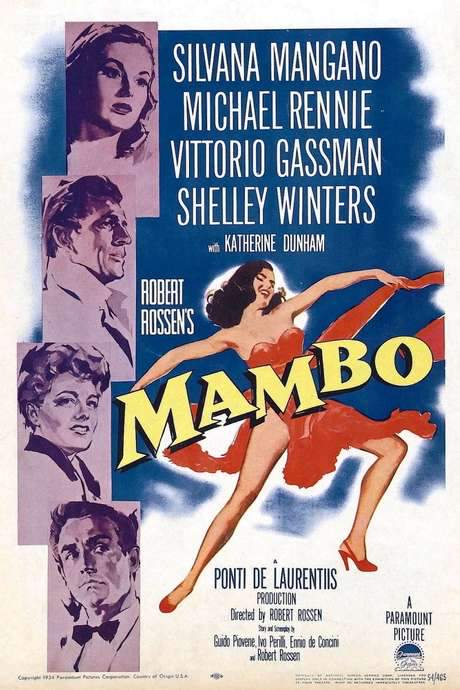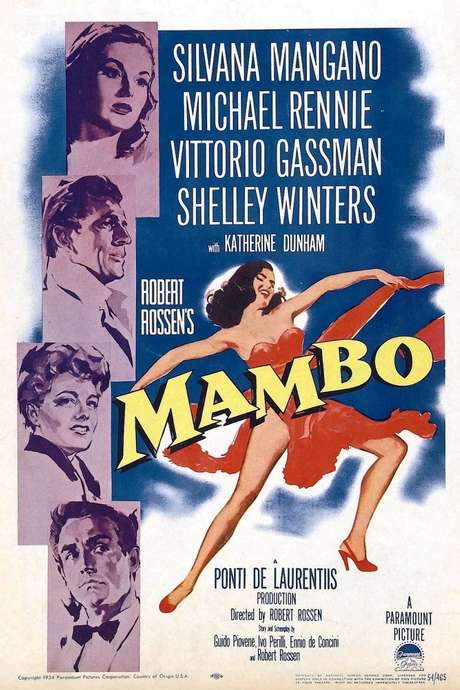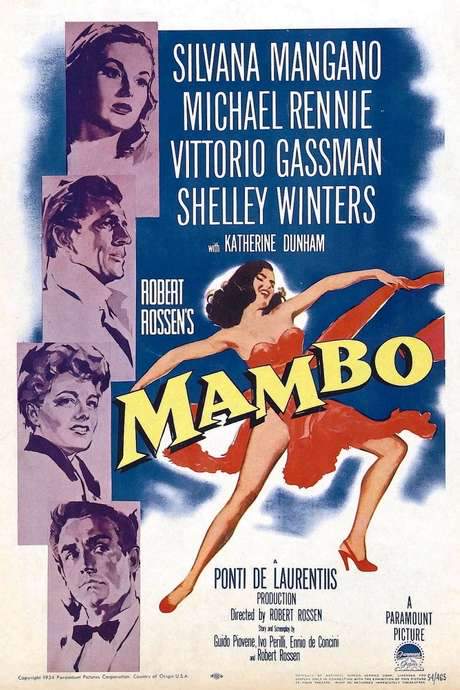La Bamba 1987
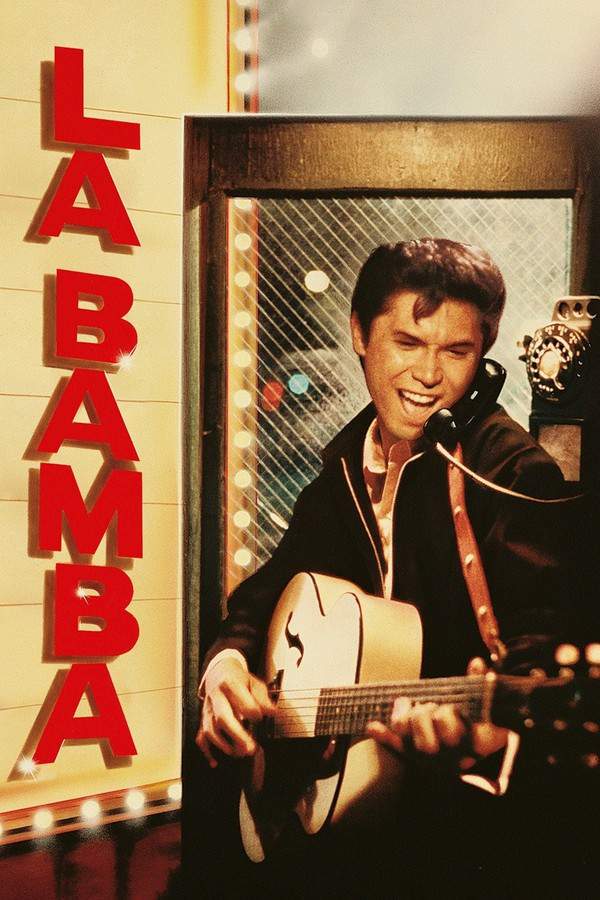
In 1958 Los Angeles, a young teenager named Ritchie Valens achieves rock 'n' roll stardom with his heartfelt ballad "Donna." Suddenly thrust into the whirlwind of fame, he grapples with challenges, including a strained relationship with his brother. Haunted by a disturbing recurring nightmare, Valens finds himself on a tour with Buddy Holly, unaware of the tragic events that lie ahead and will abruptly end his rising career.
Does La Bamba have end credit scenes?
No!
La Bamba does not have end credit scenes. You can leave when the credits roll.
Meet the Full Cast and Actors of La Bamba
Explore the complete cast of La Bamba, including both lead and supporting actors. Learn who plays each character, discover their past roles and achievements, and find out what makes this ensemble cast stand out in the world of film and television.
External Links and Streaming Options
Discover where to watch La Bamba online, including streaming platforms, rental options, and official sources. Compare reviews, ratings, and in-depth movie information across sites like IMDb, TMDb, Wikipedia or Rotten Tomatoes.
Ratings and Reviews for La Bamba
See how La Bamba is rated across major platforms like IMDb, Metacritic, and TMDb. Compare audience scores and critic reviews to understand where La Bamba stands among top-rated movies in its genre.

65
Metascore
7.3
User Score


83%
TOMATOMETER

79%
User Score

7.0 /10
IMDb Rating

73
%
User Score
Take the Ultimate La Bamba Movie Quiz
Challenge your knowledge of La Bamba with this fun and interactive movie quiz. Test yourself on key plot points, iconic characters, hidden details, and memorable moments to see how well you really know the film.
La Bamba Movie Quiz: Test your knowledge about the life and music of Ritchie Valens as depicted in the 1987 film 'La Bamba'.
What is the primary backdrop of the film 'La Bamba'?
Northern California's agricultural landscape
The beaches of Southern California
The streets of New York City
The deserts of Arizona
Show hint
Awards & Nominations for La Bamba
Discover all the awards and nominations received by La Bamba, from Oscars to film festival honors. Learn how La Bamba and its cast and crew have been recognized by critics and the industry alike.
45th Golden Globe Awards 1988
Best Motion Picture – Drama
Full Plot Summary and Ending Explained for La Bamba
Read the complete plot summary of La Bamba, including all major events, twists, and the full ending explained in detail. Explore key characters, themes, hidden meanings, and everything you need to understand the story from beginning to end.
During the summer of 1957 in Northern California, Richard Valenzuela (Lou Diamond Phillips), a 16-year-old Mexican-American teen, navigates life with his mother, Concepcion Valenzuela (Rosanna DeSoto), and his younger siblings in a challenging environment marked by poverty. While working as a farmworker after school, he nurtures a deep passion for music, particularly rock and roll, aspiring to become a renowned musician. However, Richie grapples with aviophobia stemming from traumatic nightmares about a mid-air collision that occurred over his school, resulting in the tragic death of his best friend—an event he did not witness during his grandfather’s funeral.
Unexpectedly, Richie’s half-brother, Roberto Morales (Esai Morales), returns home after serving time in prison, adding tension to their lives. The family decides to leave the farm behind and move to Southern California with Roberto’s girlfriend, Rosie Caballero (Elizabeth Peña). As the months pass, Richie enrolls at San Fernando High, where he falls for fellow student Donna Ludwig (Danielle von Zerneck) and joins his friend Chino’s band, The Silhouettes. His impressive guitar skills soon garner attention.
While Richie’s musical journey begins to flourish, his family life deteriorates as Roberto succumbs to alcoholism and becomes abusive towards Rosie. After learning of her pregnancy, Roberto disclaims any responsibility. In an effort to elevate his social standing, Richie invites Donna to a garage party showcasing The Silhouettes, hoping to impress her with his performance. Unfortunately, he misses his chance to sing, and Donna does not show up.
Determined, Richie hosts another party where he rises to lead The Silhouettes after they vote out their previous leader. However, tensions escalate when an inebriated Roberto crashes the bash, leading to chaos among the guests. The next day, music producer Bob Keane (Joe Pantoliano), having witnessed Richie’s talent, decides to sign him after seeing him play at the prior party. As Ritchie adopts the stage name “Ritchie Valens” (a name he is initially reluctant to embrace), he embarks on a promising career, recording hits like “We Belong Together” and “Come On, Let’s Go” at Gold Star Studios.
Despite Ritchie’s rising fame, his relationship with Donna becomes strained due to her father’s disapproval of their romance, prompting Ritchie to pen the heartfelt song “Donna” in her honor. An escapade to Tijuana with Roberto leads to Ritchie discovering the vibrant Mexican folk song “La Bamba,” inspiring him to put a rock twist on it as a new single. While initially hesitant to fly for his performances, he ultimately overcomes his fears and takes the stage on American Bandstand, aided by a calming dose of vodka provided by Keane during the flight.
As Ritchie’s popularity soars, so do the family tensions back home, particularly from Roberto, who grows jealous and volatile. Amidst his personal battles, Ritchie gifts his family a new home and takes the stage at significant events, capturing the hearts of audiences everywhere. Unfortunately, as Christmas approaches, the internal family strife culminates in a clash between Ritchie and Roberto, leading to further heartbreak.
With mounting responsibilities, Ritchie joins the Winter Dance Party Tour alongside rock legends Buddy Holly (Marshall Crenshaw) and The Big Bopper (Stephen Lee). However, on February 3, 1959, tragedy strikes when they board a plane during a light snowstorm, an event that would become infamously known as “The Day the Music Died.” In a poignant final phone call with his brother, Ritchie and Roberto manage to reconcile.
The heart-wrenching aftermath unfolds when Roberto learns of the tragic accident that claims the lives of Ritchie, Buddy, and The Big Bopper. In a desperate rush to protect their mother from the devastating news, Bob takes off, only to find her already reeling from the sorrow. The impact of this loss shatters the Valenzuela family and those close to Ritchie, including Bob Keane and Donna. Following Ritchie’s emotional funeral procession at the San Fernando Mission Cemetery, Roberto is left to reminisce about his cherished memories with Ritchie, encapsulated in a painful scream across a bridge, evoking the good times they shared.
As the closing credits roll, audiences are left with a poignant reminder of Ritchie Valens’ enduring legacy, watching him perform “La Bamba” at the Brooklyn Paramount Theater, echoing the deep impact of his music.
Uncover the Details: Timeline, Characters, Themes, and Beyond!

Coming soon on iOS and Android
The Plot Explained Mobile App
From blockbusters to hidden gems — dive into movie stories anytime, anywhere. Save your favorites, discover plots faster, and never miss a twist again.
Sign up to be the first to know when we launch. Your email stays private — always.
Watch Trailers, Clips & Behind-the-Scenes for La Bamba
Watch official trailers, exclusive clips, cast interviews, and behind-the-scenes footage from La Bamba. Dive deeper into the making of the film, its standout moments, and key production insights.
Cars Featured in La Bamba
Explore all cars featured in La Bamba, including their makes, models, scenes they appear in, and their significance to the plot. A must-read for car enthusiasts and movie buffs alike.
La Bamba Themes and Keywords
Discover the central themes, ideas, and keywords that define the movie’s story, tone, and message. Analyze the film’s deeper meanings, genre influences, and recurring concepts.
La Bamba Other Names and Titles
Explore the various alternative titles, translations, and other names used for La Bamba across different regions and languages. Understand how the film is marketed and recognized worldwide.
Similar Movies To La Bamba You Should Know About
Browse a curated list of movies similar in genre, tone, characters, or story structure. Discover new titles like the one you're watching, perfect for fans of related plots, vibes, or cinematic styles.
Quick Links: Summary, Cast, Ratings, More

What's After the Movie?
Not sure whether to stay after the credits? Find out!
Explore Our Movie Platform
New Movie Releases (2026)
Famous Movie Actors
Top Film Production Studios
Movie Plot Summaries & Endings
Major Movie Awards & Winners
Best Concert Films & Music Documentaries
Movie Collections and Curated Lists
© 2026 What's After the Movie. All rights reserved.


